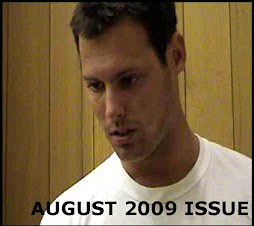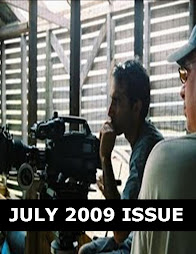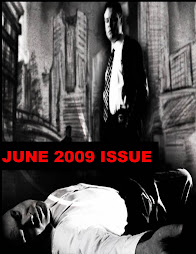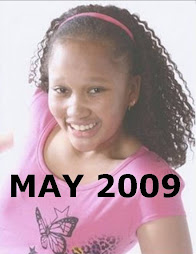 How to choose a monologue
How to choose a monologueMost auditors will want you to perform two monologues, of contrasting character, for a total of two to four minutes. Choose monologues from characters that are closest to your experiences and age. Do not choose a monologue with violent behavior patterns and vulgarity. The auditors do not want to hear or see such a monologue. Show them talent, not a violent temper tantrum. Use your own judgement when it comes to content of a monologue. Would you like to sit in their place and watch you perform this monologue?Contrasting monologuesWhat are contrasting monologues? Two completely different characters from two different plays and play genres. One classical and one modern piece is the norm. Make one a comedy and the other dramatic. One character may be slightly psychotic (if that fits your personality...) and the other character may be a complete Mamma's Boy. One character may be a love-struck fool, the other a hacker nerd who let loose a devious computer virus. Contrast is day and night. Not shades of gray.
Timing is everything
Keeping your monologues under the time limit is the way to go. If you run over, you will be stopped. They will not let you continue past the time period stated. Do not abuse this. To be honest, if you can give them great stuff in less time, the better. You do not have to use your full four minutes (or whatever) for your monologues. They will appreciate your brevity. Trust me on that one.
Avoid "telling a story"
Try to choose a piece of the monologue where you are speaking to someone actively, but with little to no interruption from the other character. Try to avoid "telling a story". There are a hundred and one monologues where the character is telling a story of what happened to them at a party, or on a hunting trip, or on the subway... you get the picture. Or worse, they are telling a story about what happened to someone else! Don't do it. It is boring. You want your character to be active, not sitting and telling a boring story (out of context) to some other character who is also probably bored. My advice: Stay away from them. Make sure that it is a monologue that you like. Nothing like going into an audition with material that you are uncomfortable performing. This is your audition. Choose your monologues well.
Practice..please!
I cannot emphasize this point enough: PRACTICE, PRACTICE, PRACTICE! Sorry for shouting there, but I had to drill that in. The more comfortable you are performing your pieces, the better. When you walk into that audition you must be ready to go at the drop of a hat. Forgetting your lines is bad, very bad. Practice.
Wanna know a secret?
The best monologue you could ever choose for yourself is from the play or plays in which you have just recently performed. Hunh? Didn't think of that one, did you. If you happen to have been in a play or are currently in one, why not use a monologue from the character you are portraying? You've been working on it for weeks, performing in front of a live audience, use it! All the work has been done already, just get up and "perform" your snippet for the auditors. Also, put that monologue in your repertoir to pull out at a later date.
Be friendly and personable.Walk into the room with confidence. Introduce yourself. If they ask questions before you begin smile, relax and answer them. Take your time. Present yourself well. This is your time and your audition. They want you to do well!
Step1
Read the entire play from which your monologue comes, several times.
Step2
Memorize the monologue thoroughly.
Step3
Break down the character. What does the character in the monologue want? How will the character get it?
Step4
Make sure you are communicating. Imagine the person you're speaking to in the monologue, and keep them in your mind's eye. Imagine their reactions, and see the other person in the piece. Remember, monologues are really dialogues in which the other person doesn't speak.
Step5
Practice performing the monologue first to an inanimate object. Then perform it for a trusted professional, such as a fellow actor or an acting coach, and get feedback.
Step6
Try performing the monologue in several different ways. Be prepared to perform it more than one way at the audition.
Step7
Time yourself and make sure the monologue fits the length acceptable for the audition (usually one to three minutes).






















